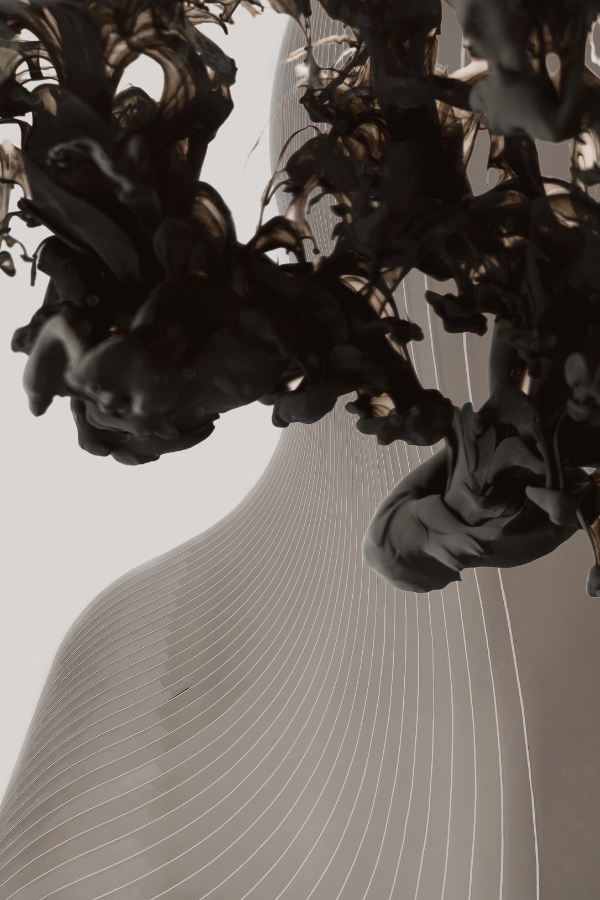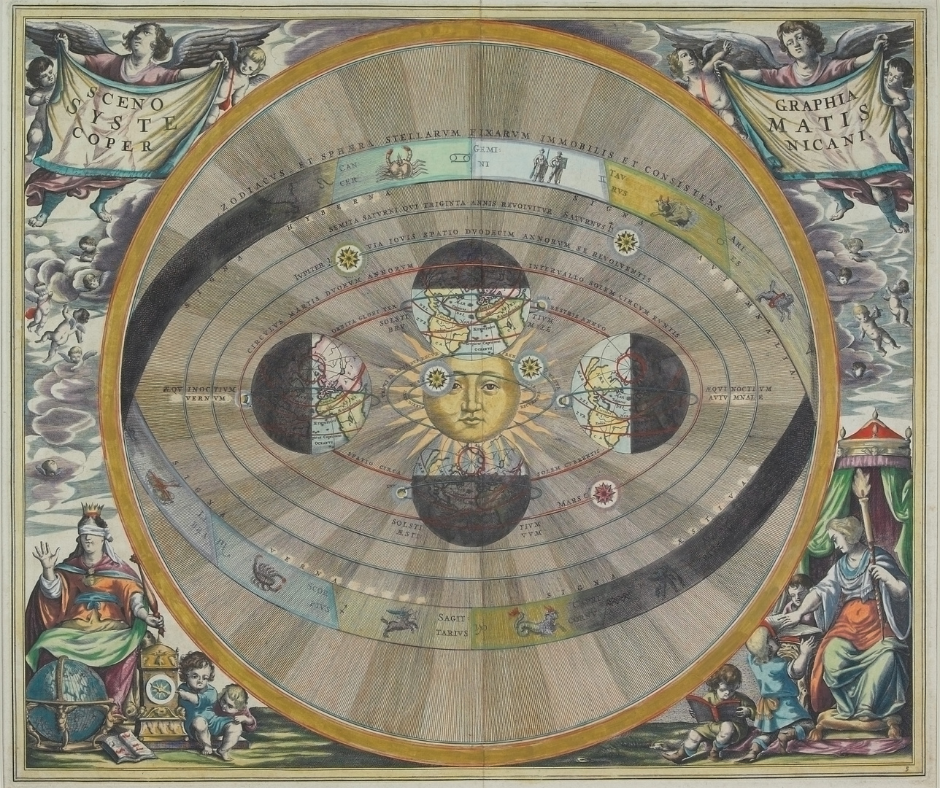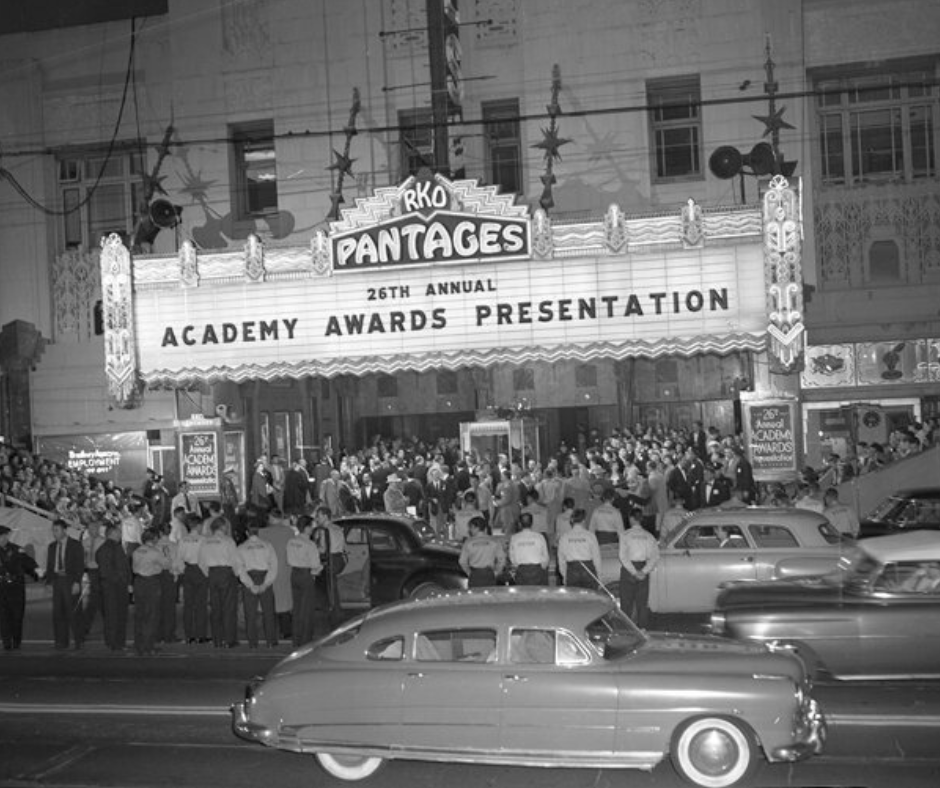

Announcing the Academy Awards: Oscar Hosts from the Last 96 Years
Summary
Reflection Questions
Journal Prompt
The Academy Awards, commonly known as the Oscars, were first held in 1929 as a modest banquet at the Hollywood Roosevelt Hotel. This annual event, organized by the Academy of Motion Picture Arts and Sciences (AMPAS), enjoyed a swift ascent to become the most important in the film industry. Hosts were introduced to add flair and continuity to the Academy Awards ceremony. Initially, the host’s role was primarily to maintain a smooth flow of the event. Over the years, this hosting gig has evolved into a platform for humor, political commentary, and a reflection of contemporary culture. This evolution mirrors changes in both the film industry and societal norms, making the host’s role a lens through which we can view the shifting landscape of entertainment and public discourse. Many of the celebrities who have hosted the Oscars leave their own individual mark on the event. From David Niven and Richard Pryor during the Golden Age of Hollywood to more recent hosts like Ellen Degeneres and James Stewart, let’s take a look at past Oscar hosts.
Oscars Hosts Throughout History
The Early Years (1929-1950)
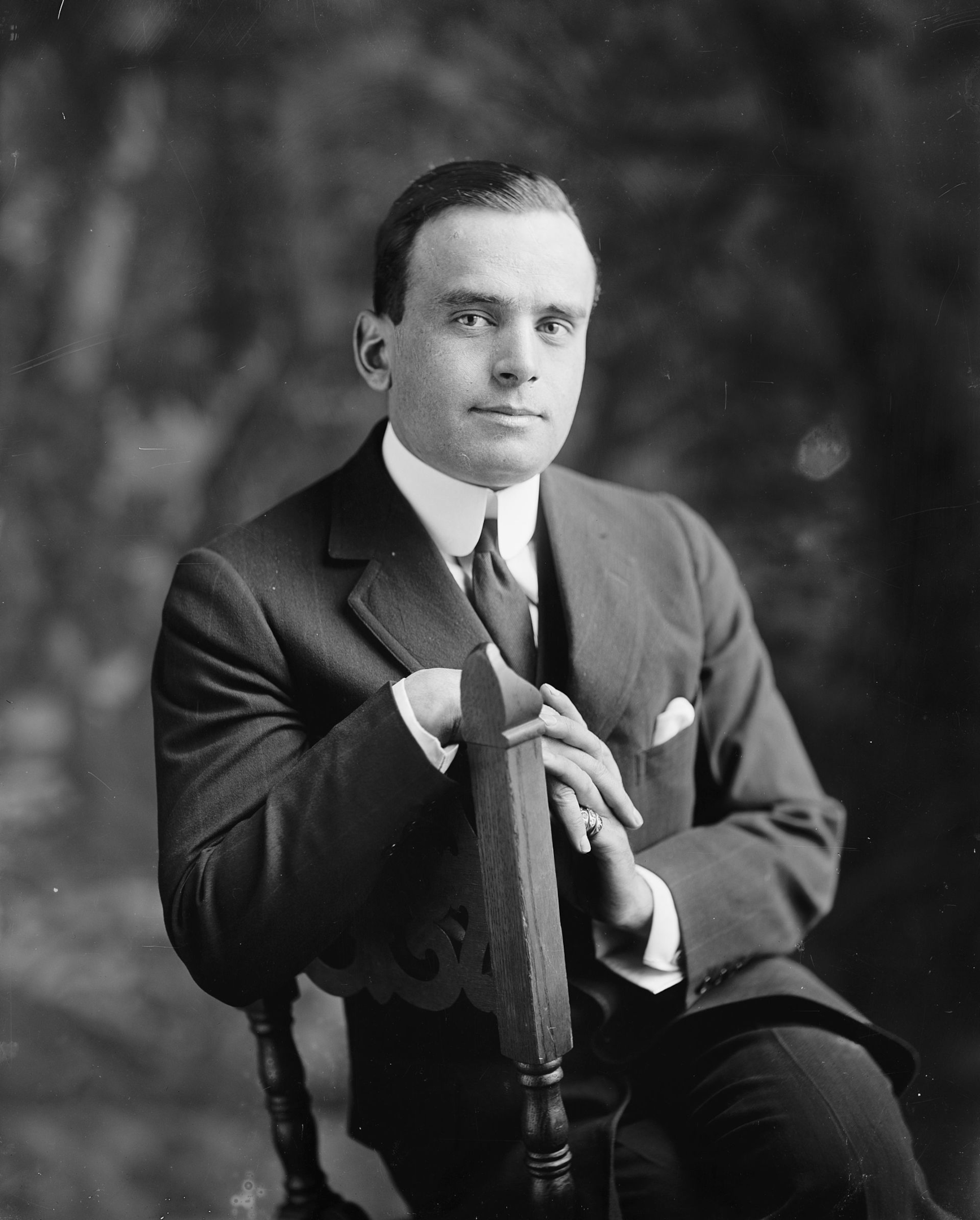

The inception of the Academy Awards in 1929 heralded a period that, in retrospect, was marked by a conspicuous lack of diversity and inclusion, both in terms of the hosts and the nominees. This era was dominated by white male figures, reflecting the broader societal norms and biases of the time.
The initial ceremony was hosted by Douglas Fairbanks, the then Academy president, and William C. deMille. As the Oscars progressed, hosts like Bob Hope, who first hosted in 1940 and would go on to host numerous times, became synonymous with the ceremony. The hosting style was predominantly formal, focusing on the presentation of awards with minimal additional entertainment.
A significant milestone in this period was the first televised Oscars in 1953, although this falls slightly outside the early years’ timeframe. This transition to television marked a pivotal shift in how the awards were perceived and consumed by the public.
The pre-televised era saw the Oscars as an exclusive, industry-focused event, but the advent of television broadcasting began to transform it into a globally recognized spectacle. The rigid and formal style of hosting in these early years set a foundation for what the Oscars were expected to be: a prestigious and solemn celebration of cinematic achievements.
The Golden Age of Hollywood (1951-1970)
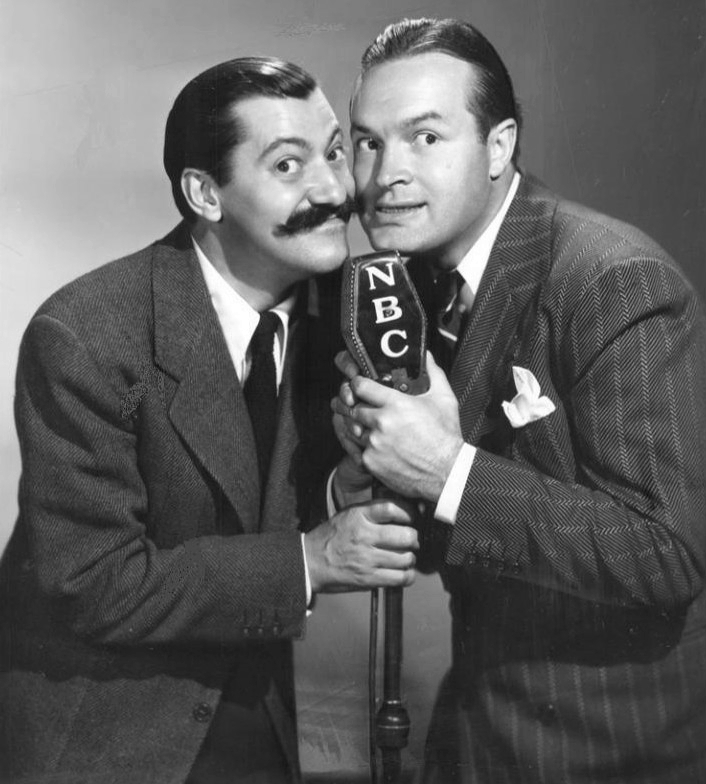

The period from 1951 to 1970 featured a variety of hosts, many of whom were major figures in Hollywood. This included Fred Astaire (1951), Danny Kaye (1952), Bob Hope (1953, 1955, 1958-1962, 1965-1968), Jerry Lewis (1956), Jack Lemmon (1958, 1964), Rosalind Russell (1961), Laurence Olivier (1953), Frank Sinatra (1963), and John Huston (1970). The era also saw the emergence of repeat hosts like Bob Hope, who became a staple of the Oscars.
The hosts during this era were emblematic of the Golden Age of Hollywood, characterized by its glamor, charisma, and larger-than-life personalities. Stars like Fred Astaire and Bob Hope brought a mix of elegance, humor, and star power to the ceremonies, reflecting the era’s cinematic grandeur.
The hosting style was often suave and polished, with a focus on entertaining the audience, a shift from the more straightforward approach of earlier years. This period’s hosts mirrored the opulence and prestige of Hollywood in its heyday, enhancing the Oscars’ allure and appeal.
Major Shifts During the Golden Age of Hollywood
One significant shift during this era was the introduction and normalization of repeat hosting, with Bob Hope becoming a familiar face for the event. This period also witnessed the introduction of co-hosting, adding a dynamic element to the ceremony.
For instance, the 1953 Oscars were co-hosted by Bob Hope and Conrad Nagel in Hollywood and Fredric March in New York, reflecting the ceremony’s growing scale and prestige. These changes marked a transition from a more formal, rigid format to a more varied and entertaining approach, aligning with the theatrical and glamorous nature of the film industry during this time.
The Era of Change (1971-1990)
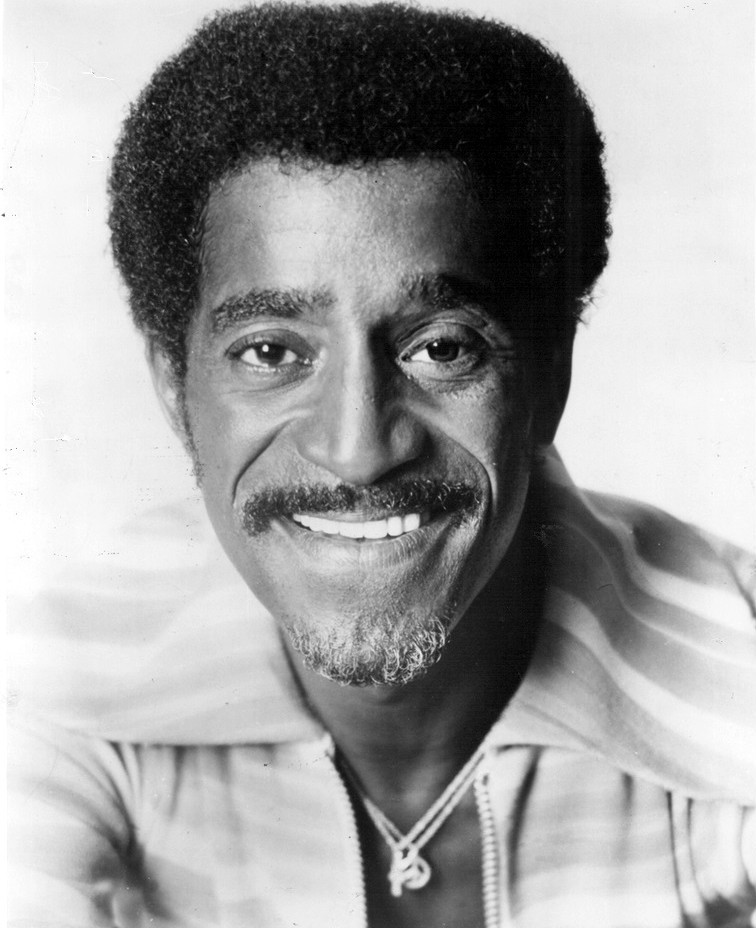

The period from 1971 to 1990 saw a diverse array of hosts at the Oscars. Notable hosts included Bob Hope (1971, 1978), Sammy Davis Jr., Helen Hayes, Alan King, and Jack Lemmon (1972), John Huston, Burt Reynolds, David Niven, and Diana Ross (1973), Ellen Burstyn, Warren Beatty, Jane Fonda, and Richard Pryor (1977), Johnny Carson (1979-1982, 1984), Liza Minnelli, Dudley Moore, Richard Pryor, and Walter Matthau (1983), Jack Lemmon (1985), Chevy Chase, Goldie Hawn, and Paul Hogan (1987), Billy Crystal (1989-1990). This period demonstrated a shift towards a more varied and inclusive selection of hosts, including women and people of color.
Reflection of Social and Political Changes
During these two decades, the Oscars began to reflect the broader social and political changes happening globally. The inclusion of hosts from different backgrounds and the increasing acknowledgment of more diverse narratives in the films recognized indicated a gradual shift towards inclusivity.
The era was marked by a growing awareness of issues like civil rights, gender equality, and international politics, which occasionally found their way into the hosts’ monologues and presentations. This period was a time of transition, where the Oscars started to move away from being just an entertainment event to becoming a platform for highlighting broader social and cultural issues.
Changes in Format and Hosting Approach
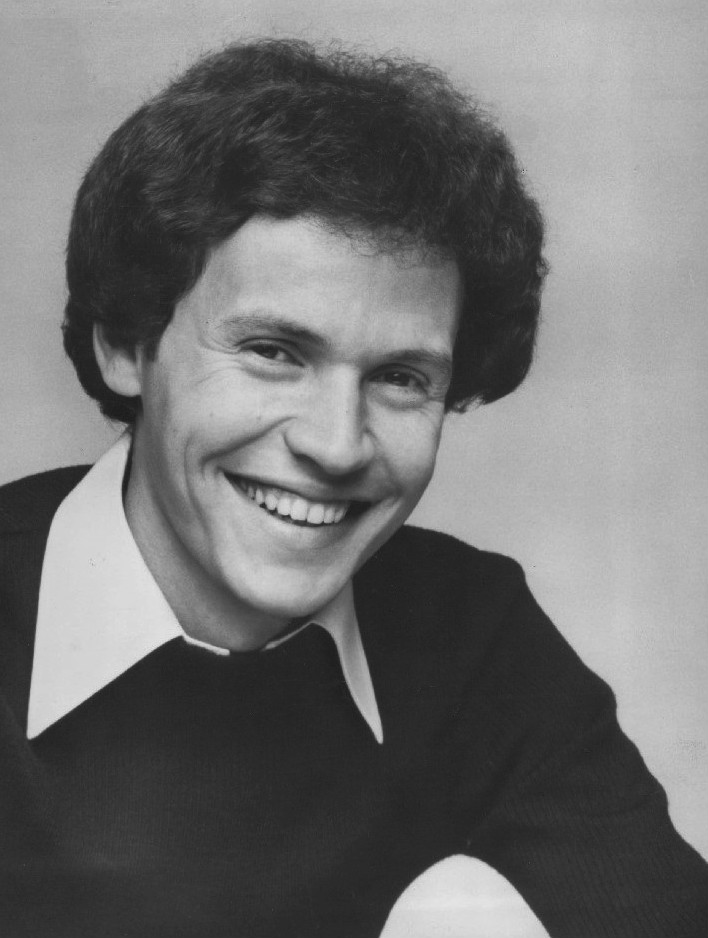

The format of the Oscars also evolved during this period. There was an increase in experimentation with different hosting styles, including the use of multiple hosts in a single ceremony and the incorporation of more comedic and informal elements. The use of multiple hosts in 1973 and 1983, for instance, allowed for a more dynamic and varied presentation.
The introduction of Billy Crystal as a host towards the end of this era marked a shift towards a more comedic and engaging style, setting the tone for future ceremonies. These changes in hosting approach and format reflected a broader desire to make the Oscars more entertaining and relevant to a wider audience, mirroring the evolving landscape of the film industry itself.
Modern Flair (1991-2010)
This era showcased a blend of recurring and new hosts, each bringing their unique style to the Oscars. Billy Crystal dominated much of this period (1991-1993, 1997-1998, 2000, 2004), with his witty and engaging approach. Other hosts included Whoopi Goldberg (1994, 1996, 1999, 2002), David Letterman (1995), Steve Martin (2001, 2003), Chris Rock (2005), Jon Stewart (2006, 2008), Ellen DeGeneres (2007), Hugh Jackman (2009), and Steve Martin co-hosting with Alec Baldwin (2010). This diversity in hosts reflects the changing landscape of the entertainment industry during this period.
Influence of New Media and Entertainment Forms
The choice of hosts during this period was significantly influenced by the emergence of new media and entertainment forms. The selection of television personalities like David Letterman and Ellen DeGeneres, and stand-up comedians like Chris Rock, indicated a shift towards hosts who could bring a mix of humor and relatability to the event.
This period also saw a greater emphasis on quick wit and a more casual, conversational style of hosting, aligning with the evolving media landscape where audiences were looking for more engaging and interactive forms of entertainment. The inclusion of these diverse hosting styles was a response to the broadening media environment and the desire to keep the Oscars relevant in an increasingly saturated entertainment market.
Memorable Hosting Moments and Public Reception
This period is marked by several memorable hosting moments that shaped the public’s reception of the Oscars. Billy Crystal’s song-and-dance routines and humorous monologues set a high bar for entertainment value. Whoopi Goldberg’s tenure as host was notable for her sharp wit and the distinction of being the first African American and first woman to solo host the Oscars.
Ellen DeGeneres’ hosting in 2007 was particularly memorable for its light-hearted and engaging approach, including mingling with the audience. Hugh Jackman’s 2009 performance was praised for bringing a Broadway-style flair to the show. However, not all experiments were well-received, as evidenced by the mixed reactions to David Letterman’s hosting in 1995. These shifts and moments highlight the Oscars’ ongoing challenge to balance entertainment with the traditional prestige and formality of the ceremony.
The Contemporary Scene (2011-2023)
The contemporary era of the Oscars saw a diverse array of hosting choices. Anne Hathaway and James Franco co-hosted in 2011, followed by a return of Billy Crystal in 2012. Seth MacFarlane hosted in 2013, Ellen DeGeneres returned in 2014, and Neil Patrick Harris took the stage in 2015. Chris Rock was back in 2016, and Jimmy Kimmel hosted consecutive years in 2017 and 2018. The Oscars then went hostless from 2019 to 2021. In 2022, Amy Schumer, Wanda Sykes, and Regina Hall shared the hosting duties, and in 2023, the event was hosted by Jimmy Kimmel. This period reflects a mix of traditional and novel approaches to hosting the Oscars.
Impact of Social Media, Diversity, and Globalisation
The selection of hosts in this era reflects the profound impact of social media, the increasing emphasis on diversity, and the effects of globalization. Social media’s rise meant hosts now had to engage not just with the audience in the hall but also with a global, digitally connected audience.
This led to choices that could resonate across diverse demographics and geographies. The focus on diversity is evident in the selection of hosts like Chris Rock, Ellen DeGeneres, and the trio of Amy Schumer, Wanda Sykes, and Regina Hall, highlighting a shift towards inclusivity and representation. Globalization influenced the Oscars to consider hosts who could appeal to a global audience, recognizing the international nature of modern cinema.
Controversies, Successes, and Unique Aspects
Recent years have seen their share of controversies and successes in hosting choices. The pairing of Anne Hathaway and James Franco in 2011 was met with mixed reviews, with critiques on their chemistry and hosting style. This period also had notable successes; Ellen DeGeneres’ selfie moment in 2014 became a viral sensation, reflecting the power of social media. The 2022 Oscars, with its trio of female hosts, marked a milestone in terms of diversity and representation. These developments highlight the Oscars’ ongoing evolution in response to the changing landscape of media and societal expectations.
The 96th Academy Awards (2024)


For the 2024 ceremony, marking the 96th Academy Awards, Jimmy Kimmel will take up the hosting mantle for the fourth time. Kimmel’s history with the Oscars is a testament to his capacity to blend humor, topical commentary, and a touch of the unexpected, making him a reliable choice for the Academy. His previous stints as host in 2017 and 2018 were particularly notable.
In 2017, Kimmel navigated the ceremony through one of its most memorable moments: the Best Picture mix-up, where “La La Land” was mistakenly announced as the winner instead of “Moonlight.” His handling of the situation, marked by a blend of humor and poise, was widely praised.
In 2018, he returned amidst the height of the #MeToo movement, navigating the delicate landscape with a balance of sensitivity and levity. Kimmel also hosted the Oscars in 2023.
His style as host of the Academy Awards is characterized by his affable demeanor, sharp wit, and an ability to engage both the in-house audience and viewers at home. Kimmel’s return in 2024 suggests a desire for a safe pair of hands that can provide a sense of continuity while also acknowledging the ever-changing dynamics of Hollywood and the wider world.
Final Thoughts on the History of Oscars Hosts
Over the span of 96 years, the evolution of Oscars hosts has mirrored the changing tides of cinema, society, and entertainment. From the early days of a mono-cultural and rigid approach to the diverse and dynamic presentations of today, the trajectory of Oscar hosting reflects broader cultural shifts.
The host, once merely a facilitator, has become an integral part of the Oscars’ success and public image, setting the tone for the evening and often acting as a barometer for contemporary issues in the entertainment industry and beyond. The role has evolved from a position of ceremonial formality to one of critical significance, often serving as a platform for addressing topical themes, from social justice to industry controversies.
Looking ahead, the future of Oscar hosting likely holds continued diversification and adaptation, perhaps with further integration of technology and interactivity, reflecting our ever-evolving media landscape. The host will remain a pivotal figure, not just in guiding the ceremony, but in encapsulating the spirit and challenges of their times.





